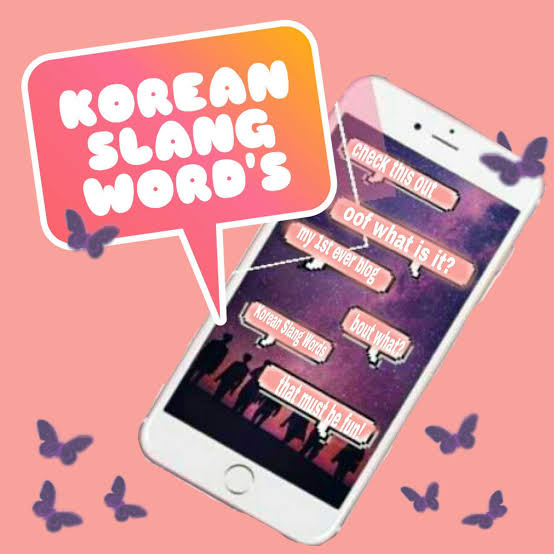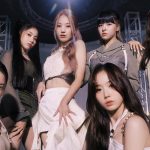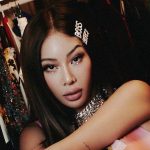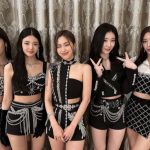Usage of Korean Slang Words in Daily Life

Millenial people, or popular with Generation Z, have some upgrade habits or their own fashion in style, foods, hobbies, and even in uses of the words in their conversations.
This phenomenon also happens among Korean young people. They use slang words so much beside formal language, to exclude older people. If they are making conversation, or talking with their friends or with others of same age or younger, they commonly use slang words in their daily conversation.
We can see it in Korean dramas or variety shows. Even idols use slang words a lot these days. This conversation can be positive, because they look more relaxed and easier to approach.
Other Korean Slang Words

These days, Korean young people use many slang words in their daily conversation. They express their feelings or their thoughts through slang words, and even shorten the words or use it’s initial. These are some of the Korean slang words that young people use so much:
1. 대박 (Daebak), meaning Jackpot, big hit, amazing, etc.
Ex: 이거 대박이다 완전 신기해.
(Igeo daebakida wanjeon singihae)
Wow is so cool, It’s unbelievable.
2. 훈남/훈녀(Hum nam/Hum neo) – This term refers to a person who is charming and gives off a soft/gentle aura. Usually, they look responsible.
Ex: 요즘은 미남보다는 훈남이 인기가 더많죠.
(Yojeumeun mi nam bo da neun hun man i in gi ga deo manh jyo).
Nowadays, charming guys are more popular than hot guys.
3. 엄친아 (Um-chin-ah)/ 엄친딸 (Um-chin-dtal) This is an abbreviated term from the phrase “엄마친구의 아들/딸”, which means my mom’s friend’s son. Um from Mom (Um-ma), Chi,n from friend (Chin-gu), and ah, from son (Ah-deul) or dtal, from the word daughter. It’s used to refer to guys/girls who are good at everything.
Ex: 걔 학벌도좋고, 착하고, 완전 잘생겼어.엄친아야.
(Gyae hakbeoldo joh go, chakha go, wan jeon jal saeng gyeoss eo. Eom chin a ya)
He has a great educational background, nice, and is super attractive. He’s an eom chin a.
4. 행쇼 (Haeng-syo) – This phrase, popularized by Korea’s music/fashion/trend icon G-dragon, is a shortened word for 행복하십쇼 [haeng bok ha sip syo] which means “Be happy” in honorifics. It’s used to say goodbye – English equivalent would be “Peace”- or literally “Be happy”.
Ex: 나먼저갈께, 행쇼.
(Na meon jeo gal kke, haeng syo)
I’m going to leave first, peace.

5. 얼추 (eol chu) – roughly, approximately.
Ex: 다해서얼추얼마야?
(Da hae seo eol chu eol ma ya?)
How much is it approximately, in total?
6. 갑이다/을이다 (gab i da/ eur i da)– Gab/Eur are words used to express the power dynamic between two people or groups. Gab represents the person with more power, and eur is the subjugated. This usage was popularized by a segment of a comedy show called Gag Concert, called, “Gab/Eur company”, where the comedians used satire on Korea’s corporate culture.
Ex: 결혼전에는, 여자가 갑이지. 결혼후에는 남자가 갑이고.
(gyeol hon jeon e neun, yeo ja ga gab i ji. geyol hon hu e neun, nan ja ga gab i go.)
Before marriage, the woman is the gab. After marriage, the man is the gab.
7. 짱 (jjang)- ‘awesome’ or ‘the best’, and it can be used as an adjective or as an affix. As an adjective, you would use this slang to describe someone or something that is the best.
Ex: 넌 짱이다!
( neon jjangida)
You are awesome!
8. 헐 (heol)- No way, Oh my gosh, Wah
Ex: 헐? 및젔나봐
(Heol? Micheonnabwa)
Oh my gosh? This is crazy.
That’s some examples of Korean slang words, and you can find more in another article.










